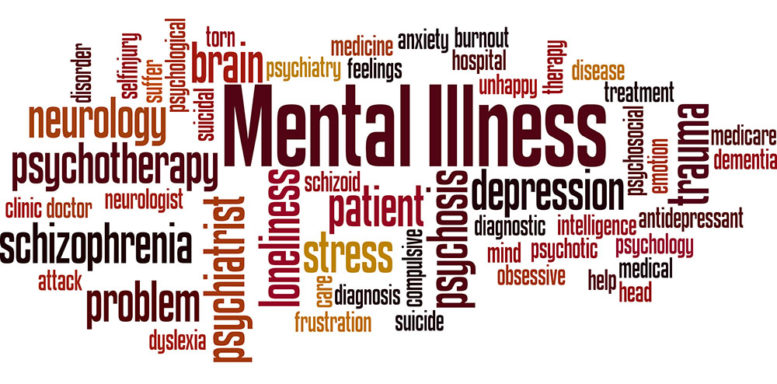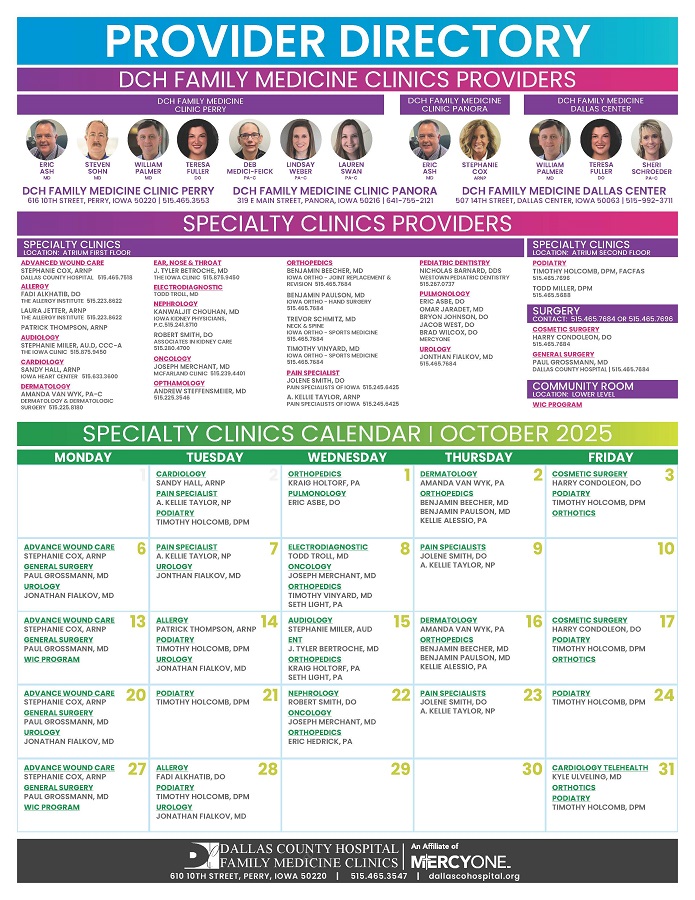 Conversations about mental health are becoming more mainstream today. You’ve probably heard phrases like “self-care” or “stress management,” used by those of us working in public health when trying to promote mental wellbeing in addition to physical wellbeing.
Conversations about mental health are becoming more mainstream today. You’ve probably heard phrases like “self-care” or “stress management,” used by those of us working in public health when trying to promote mental wellbeing in addition to physical wellbeing.
While it’s great that we’re normalizing our talking about mental health more broadly, there are still misunderstandings and stigma surrounding mental illness in particular.
Mental illnesses are a range of diagnosable conditions that affect emotions, thoughts and behaviors and often interfere with one’s daily life. Mental illnesses are not anyone’s fault. They are not character flaws or something to be ashamed of.
Every year, one in five U.S. adults experience mental illness. Some of the most common types of mental illnesses are anxiety disorders, depression and bipolar disorder. While symptoms differ by the condition, examples of signs of mental illness are:
• Extreme mood changes
• Feeling sad or down often
• Excessive worrying or feelings of guilt
• Inability to cope with stress
• Problems with alcohol or drug use
• Significant tiredness or low energy
• Excessive anger or hostility
Learn more about the specific symptoms of each type of mental illness from the World Health Organization website.
The good news is that many treatment options can be customized to your needs under the guidance of a healthcare provider. If you or a loved one have been experiencing symptoms of mental illness, consider starting a conversation with a medical professional to determine the best plan of action.
Seeking help is a sign of strength, not weakness.
Use the Dallas County Online Resource Directory to find a healthcare or mental health provider near you.
Natalie Peters is the community health educator in the Dallas County Public Health Department.

















